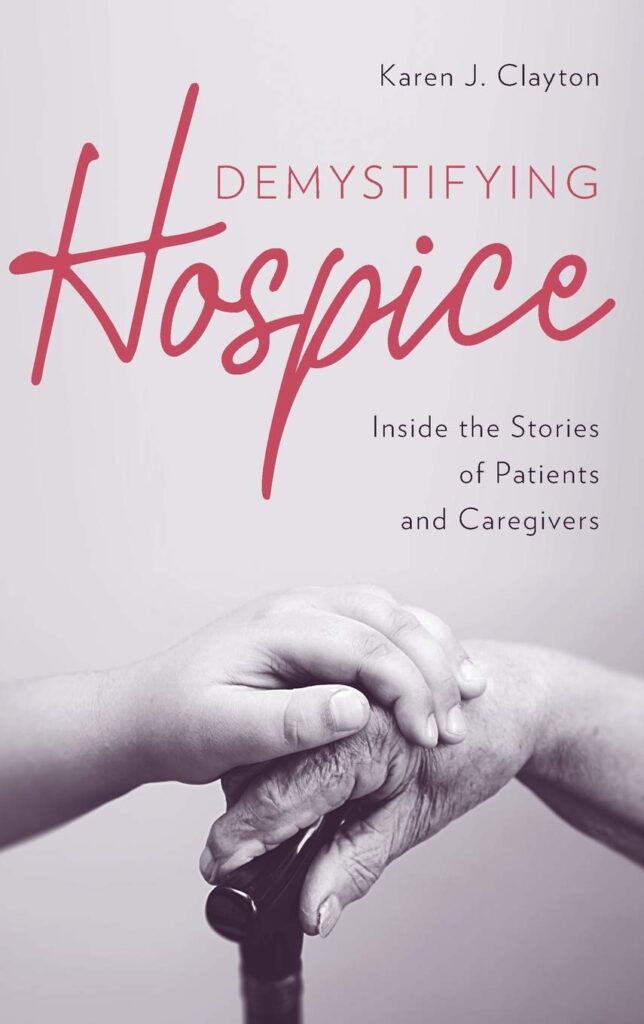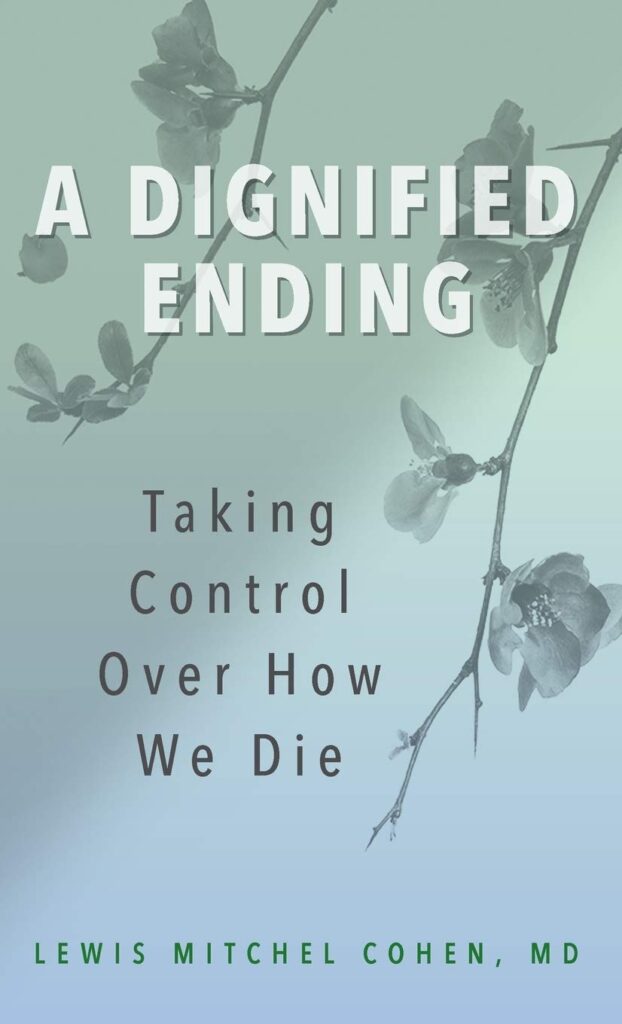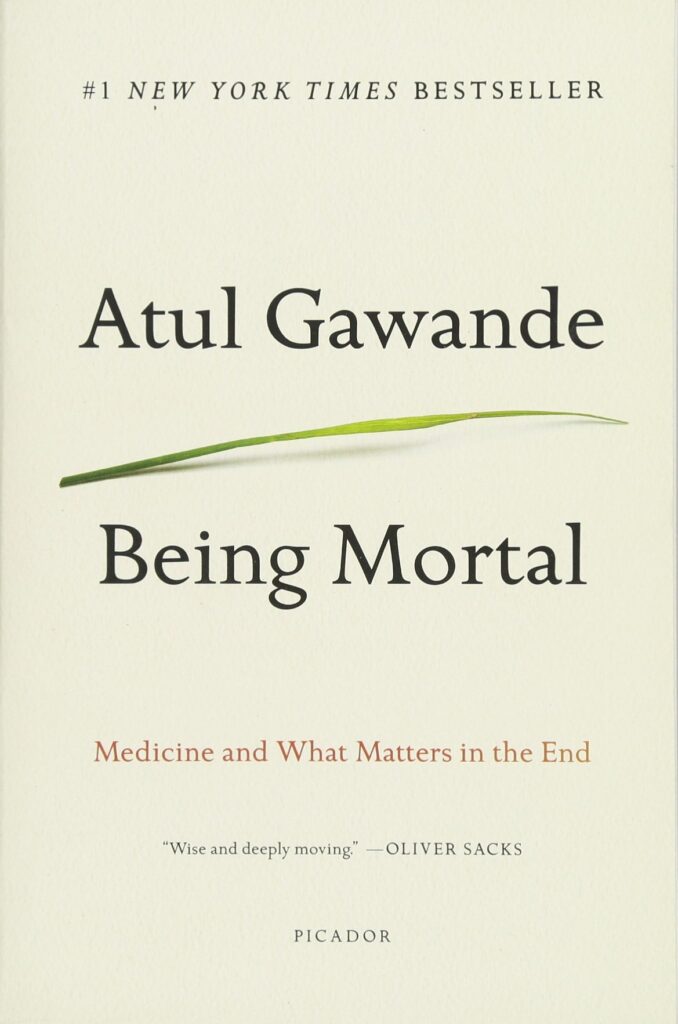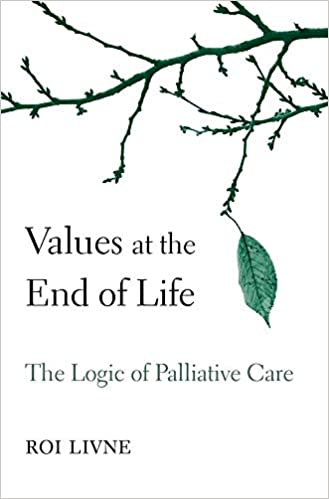Managing Death and Dying in Cross-Cultural Perspective:
Sociology 230/Health Studies elective
Taught by Professor Susan Rose
Course Description
This one-course Mosaic focuses on health care and end of life decision-making in comparative perspective. We will examine the philosophical, ethical, cultural, policy, organizational, and economic aspects of palliative and hospice care in both the U.S. and the Netherlands. After delving into questions related to the life course, aging, dying, and health care in comparative (historic and cross-cultural perspectives), we will focus on end-of-life care in the U.S. and the Netherlands. How are end-of-life decisions made and what palliative care and hospice options are offered to people/patients in the United States and the Netherlands? What is the substance of the philosophical and ethical debates in each country regarding palliative care and euthanasia? We will hear from medical practitioners, ethicists, policy-makers, and possibly patients as we pursue the following questions: how far should “we” go in prolonging life? who gets to decide? what may constitute a “good death”? This course includes a trip to the Netherlands from March 10th to March 20th.
Course Materials
As part of this course, the students have read multiple texts, including these four books.
Demystifying Hospice: Inside the Stories of Patients and Caregivers

Hospice care is available to patients and families dealing with terminal illness. People often do not avail themselves of hospice care because they don’t understand what it entails. Many wait until their last few days to request this extraordinary comfort care instead of using the full six months available to them through Medicare and other insurance options.
Demystifying Hospice describes through stories good news about end-of-life issues. Written from the perspective of a licensed social worker with experience in public and private hospitals, hospice, and the American Cancer Society, these first-hand accounts of patients, family members, hospice workers and others will lift spirits, touch hearts, and illustrate the advantages of hospice care. These are real-life examples of personalized comfort care, offered by an interdisciplinary team, where ever the patient lives. Each story addresses some aspect of helping families through the caregiving and grieving process, which are part-and-parcel of a serious illness, and offers comfort and understanding to readers who may be going through similar experiences. This book describes hope, healing, and support through difficult times.
A Dignified Ending: Taking Control of How We Die

Each year, more than one million people and their loved-ones arrive at a decision to cease attempts at curative medical treatments and shift to hospice care, while one-in-five Americans now live in in geographical regions that have established lawful protocols allowing medical aid in dying—also known as assisted suicide. In this powerful new work, Lew Cohen, a psychiatrist and palliative medicine researcher, reveals a self-determination movement that empowers people to shape the timing and circumstances of their deaths, decriminalizes laws threatening those who help them, and passes assisted dying legislature.
He offers a vivid tapestry woven from the candid, inspirational, and graphic stories of individuals who sought to choreograph how they would die. There is nothing simple about these decisions, and A Dignified Ending tackles the intricacies of timing, the presence of dementia and other dire but not terminal conditions, the legal risks, as well as the mixed reactions of the disability community. Cohen illuminates the evolution of right-to-die organizations in the United States, and the impact of activists like Jack Kevorkian, Derek Humphrey, Faye Girsh, Cody Curtis, and Brittany Maynard. A Dignified Ending conveys truthful and nuanced accounts of men and women who chose to die, and stories of the activists—proponents and opponents— who promote this growing right-to-die movement.
Being Mortal: Medicine and What Matters in the End

Being Mortal is a meditation on how people can better live with age-related frailty, serious illness, and approaching death. Gawande calls for a change in the way that medical professionals treat patients approaching their ends. He recommends that instead of focusing on survival, practitioners should work to improve quality of life and enable well-being. Gawande shares personal stories of his patients’ and his own relatives’ experiences, the realities of old age which involve broken hips and dementia, overwhelmed families and expensive geriatric care, and loneliness and loss of independence.
In the beginning of the book he explores different models of senior living, including concepts such as poorhouses, multi-generational households and nursing homes. Gawande explores personal stories as well as accounts from geriatric doctors such as Keren Brown Wilson, an originator of the assisted living concept. He ruminates on stories of people dealing with age-related frailty, serious illness and death, and his own confrontation with mortality. Gawande emphasizes the notion that people nearing death should be given the opportunity to live a meaningful life and still have a purpose.
In the latter part of the book, Gawande shifts to end-of-life medical care and mentions practices such as euthanasia and physician-assisted suicide. He postulates that hospice is the most humane model of care.
The book includes two of Gawande’s New Yorker essays, which make up two of the book’s eight chapters: “Things Fall Apart” and “Letting Go”.
Values at the End of Life: The Logic of Palliative Care

This insightful study examines the deeply personal and heart-wrenching tensions among financial considerations, emotional attachments, and moral arguments that motivate end-of-life decisions.
America’s health care system was built on the principle that life should be prolonged whenever possible, regardless of the costs. This commitment has often meant that patients spend their last days suffering from heroic interventions that extend their life by only weeks or months. Increasingly, this approach to end-of-life care is coming under scrutiny, from a moral as well as a financial perspective. Sociologist Roi Livne documents the rise and effectiveness of hospice and palliative care, and growing acceptance of the idea that a life consumed by suffering may not be worth living.
Values at the End of Life combines an in-depth historical analysis with an extensive study conducted in three hospitals, where Livne observed terminally ill patients, their families, and caregivers negotiating treatment. Livne describes the ambivalent, conflicted moments when people articulate and act on their moral intuitions about dying. Interviews with medical staff allowed him to isolate the strategies clinicians use to help families understand their options. As Livne discovered, clinicians are advancing the idea that invasive, expensive hospital procedures often compound a patient’s suffering. Affluent, educated families were more readily persuaded by this moral calculus than those of less means.
Once defiant of death―or even in denial―many American families and professionals in the health care system are beginning to embrace the notion that less treatment in the end may be better treatment.
Who We Learn From
Through our course, we have heard from many professionals in the field.
Dr. Heather Sung, P’24 the founder of PalliMD, spoke with us about palliative care, prognosis and when to begin the conversation, her practice and her path to becoming a palliative care doctor. She conducted and shared with us a powerful and profound interview with Suzanne, one of her palliative care patients.
Professor Jim Hoefler (Dickinson, Political Science), shared his expertise on end-of-life decision-making with us a number of times, including interviews he has conducted with various physicians about palliative care, VSED, and DNR.
Professor Amy McKiernan (Dickinson, Philosophy and Director of Ethics Across the Curriculum.) engaged in a thought experiment to stimulate a discussion about ethics involved in end-of-life -decision-making.
We have heard from Dr. Maria Olender, Chaplain Alan Echard, and Dr. Esteban Mercado in a wonderful and engaging presentation about hospice and palliative care. From a in-depth overview of the history of hospice care to a detailed assessment of the modern-day hospice and palliative care options, these guest speakers helped us understand how patients are evaluated for hospice and the services that hospice care provides. They graciously answered our many questions, and generously donated their time.
Check out our days in the Netherlands for more info and pics.